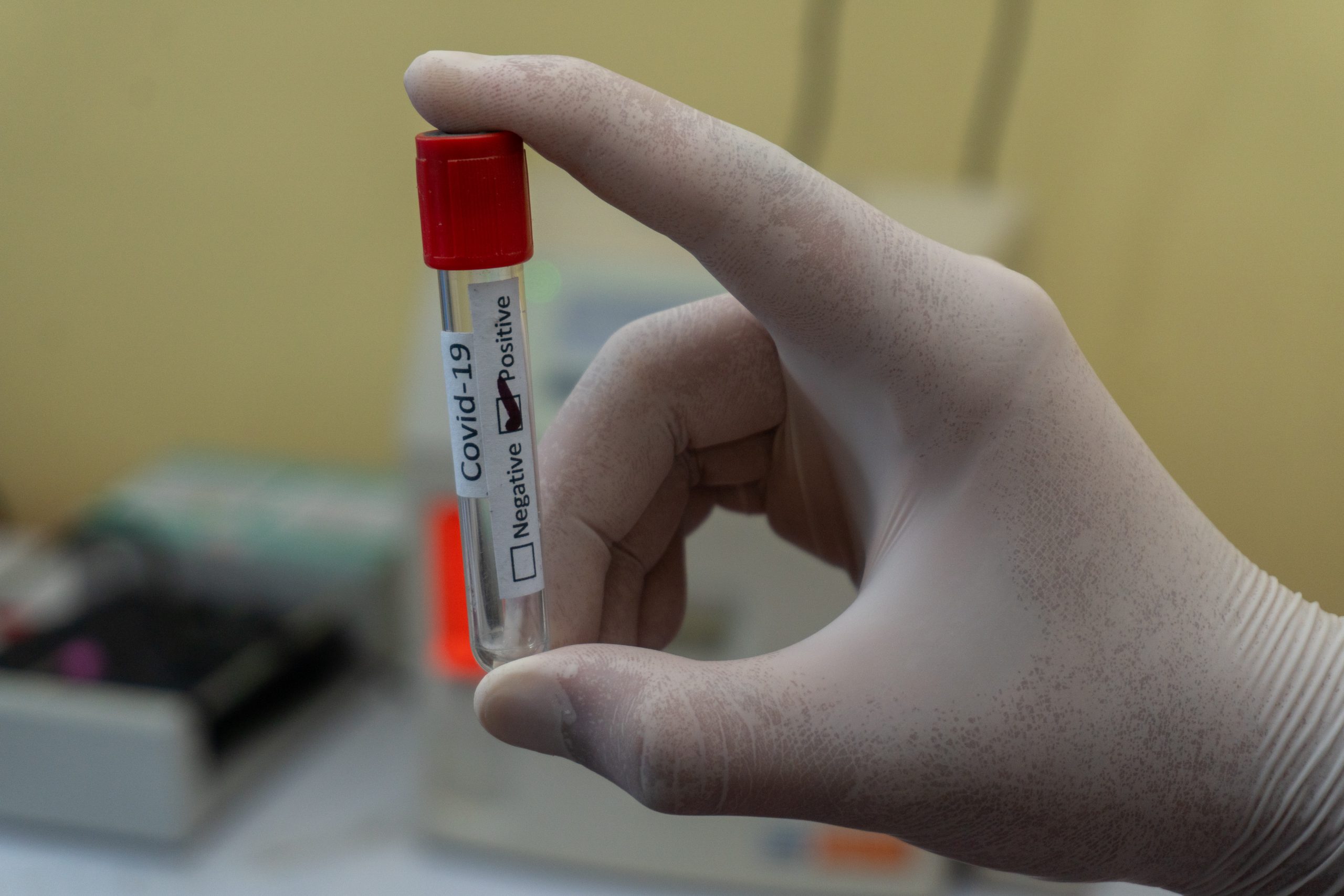The COVID-19 pandemic surprised the world and claimed the lives of thousands of people worldwide. The virus and its devastating effects were shocking, indeed, but what was more unexpected was how the medical industry handled and dealt with the virus.
Since time immemorial, medical service providers have used the fee-for-service model in running their facilities. This entailed patients to pay for a medical service or procedure they need. However, the current global pandemic has inspired the healthcare industry to move away from this fee-for-service model and shift toward value-based healthcare instead.
How The COVID-19 Pandemic Has Changed Healthcare
The pandemic has impacted the entire world, and everyone has been thrown into unfamiliar territory in one way or another. Yet, no industry was rocked more than that of the healthcare sector. One significant change in the healthcare industry comes in the form of value-based healthcare. What is it, and how will it affect how healthcare is delivered to patients?
Value-Based Healthcare
Value-based healthcare aims to improve the quality of healthcare in three distinct ways. The first is to improve the overall healthcare experience provided to patients. Once the healthcare experience levels up, it will lead to an overall improvement of the population’s health, which is the second aim. The final goal of value-based healthcare is to reduce the per-capita cost of healthcare.
The uncertainty of the global pandemic has pushed the healthcare industry down the path of value-based healthcare. Instead of clinging to the old and familiar pay-for-service model, many healthcare providers saw more advantages of value-based healthcare. Many providers realized that they stand to earn more from the value-based model, especially because of the effects of the pandemic.
New Administrations
The incoming Biden administration is set to show support for the Affordable Care Act. However, the administration has little power over the decision that the Supreme Court will have over the validity of the law, especially with the tax penalty being gone. Although most indicators based on oral arguments point toward keeping the ACA, the decision is expected to be released in the spring.
The good news is that if the ACA stays in place, coverage will continue to be available to more people, especially those who are uncovered by their employer or by Medicare or Medicaid. The Biden administration is said to push toward this direction at a much faster pace. Furthermore, it is predicted that many programs will become mandatory, such as having bundled payments by 2024.
Telehealth Integration
Another positive change that COVID-19 has had on healthcare is the realization that telehealth is possible and convenient. Although with the effects of the pandemic slowly dying down, the use of telehealth channels may go down as well, yet experts predict that this healthcare trend is not set to disappear now that it is here.
Conclusion
The healthcare industry has always been fast-paced and ever-changing. However, with the pandemic, healthcare professionals experienced a blow that turned the medical world on its head seemingly overnight. As a result, value-based healthcare is in the healthcare industry’s immediate future, as the best that medical professionals can do is to show support for what lies ahead.
In this uncertain world, having accurate information is crucial. If you are a medical professional looking for updates about the medical industry, visit the Dose Of Healthcare website. We aim to do away with fake news and only spread real and accurate healthcare news and information. For medical news, visit our blog today!


















